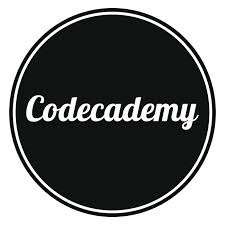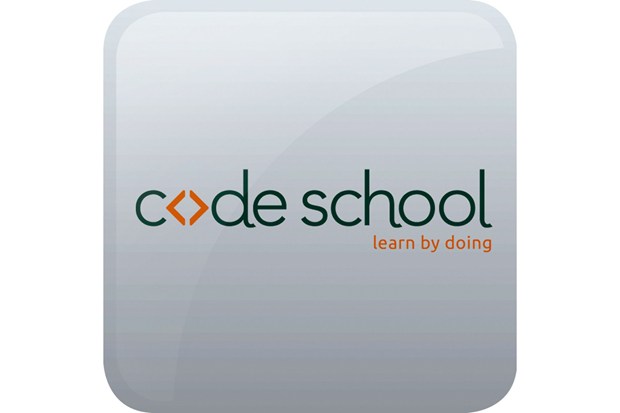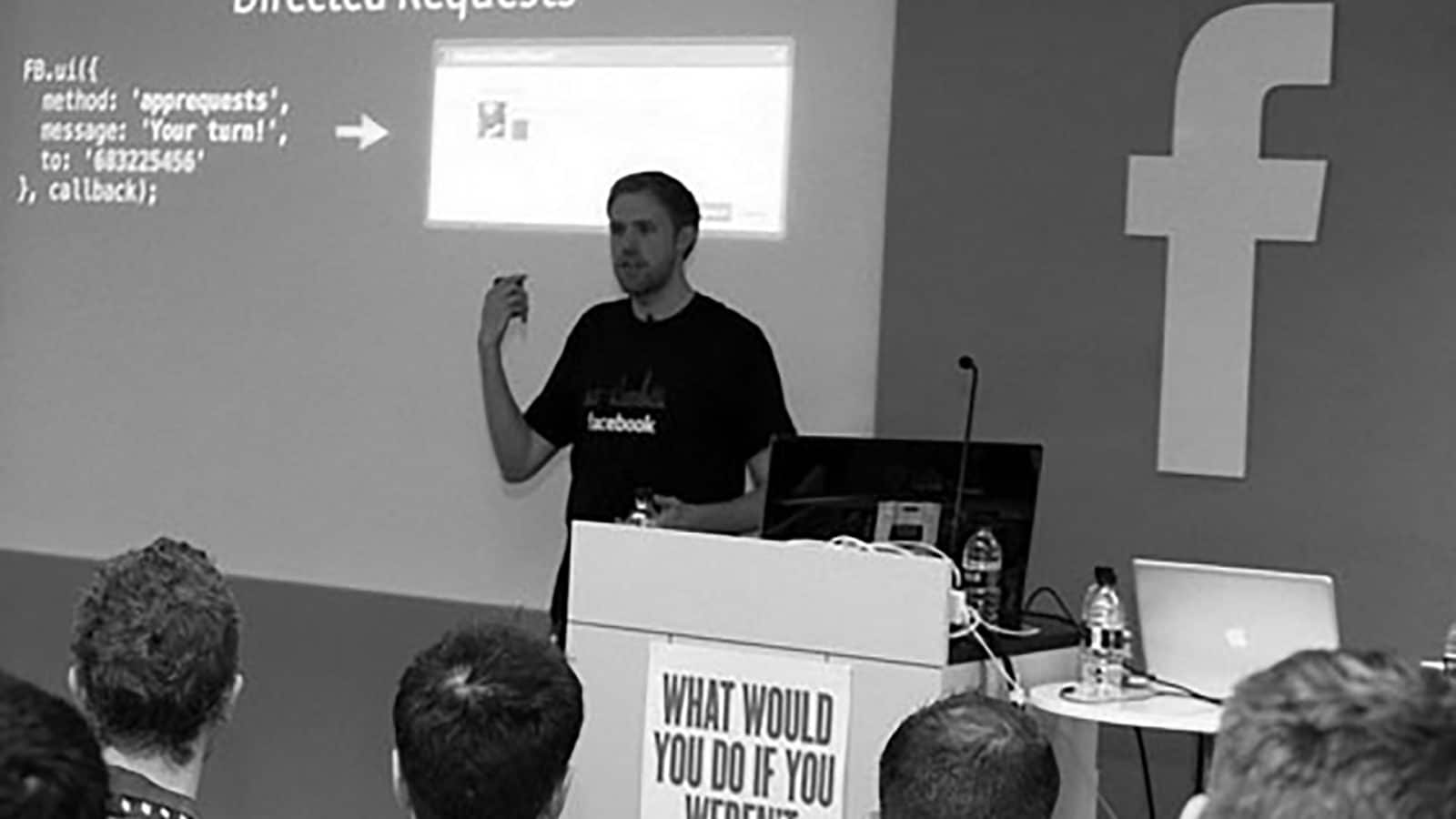<p>Some online tools that will help you improve your developing skills</p>
If you work with developers day-to-day and sometimes struggle with the jargon, or if you’ve decided to take the plunge and become a dev yourself, these tools should be of interest…

Treehouse
My favourite tool is Treehouse. Treehouse is an online non-stop growing education platform. Its main teaching approach takes the form of video tutorials in which a group of distinguish professional developers cover a wide range of content: web development, programming using different languages, iOS or Android development, and lately even business or soft skills.
All the courses start from beginner levels and increase as you progress. Videos are alternated with questions and objectives in which you need to prove what you’ve learnt in order to access further content. They have recently developed a workspace where you can practice in-browser, so programs or text editors are no longer needed. Content is being added weekly too, so the library never stops growing.
Another positive is that due to the points system for completing courses it’s really easy to follow your progress – or indeed your colleagues’. Learning can became a little competitive. (See? Coding is fun!)
The main advantage of Treehouse is that they use videos; visual learning is more effective than reading for many.
The only downside is that it’s not free; but such a great learning platform well deserves paying a membership. And there are a few free courses where you can try before you buy.

Codecademy
A free alternative to Treehouse (although the content covered isn’t so wide and its courses are purely focused on web development), Codecademy uses a totally different approach. Instead of explaining the concepts by using videos it uses a “learn by practising” methodology.
The screen is divided into three sections: the main one is a text editor in which you write the code for solving the different problems they suggest to you; on the left is the theory and instructions for each exercise; and on the right side of the screen you can preview the results of the code you have just written using the text editor.
It also has a points-and-badges program which rewards your perseverance while learning, tracking the days you’ve coded and the days on which you’ve obtained the most points. You’re not going to create a competition with your colleagues, but there is no better rival for learning than yourself.
Codecademy doesn’t cover as much as Treehouse but would definitely be a preferred tool for those who find it easier and more enjoyable to “learn by doing” – actually coding instead of reading or watching videos.
And last but not least,

Code School
Code School. Another “learn by doing” online teaching platform, it’s not for free but there are some free courses available.
In Code School there are two ways to improve your learning: following a path, or choosing the courses you’re interested in and (literally!) charting your own course. All the courses are grouped on five paths: Ruby, JavaScript, HTML/CSS, iOS and Electives.
The approach here is a mixture of the other two tools’, using videos for explaining the theory but also providing plenty of code challenges you can complete directly in the browser as well.
Code School has the funniest interface of all them; all the videos start with a song and they try to make you feel like you’re playing a game each time you start a course, mixing videos with an interactive console and writing code into your browser, etc.
I’d like to go deeper, but as yet I’ve just tried the free version. All I can say is that, as far as I’ve used it, I have the feeling Code School starts from the basics (maybe even too basic for some people) but also has the videos and challenges with the biggest game-component of all the platforms, which I find to be very enjoyable and conducive to learning.
Becoming an expert
If all this new knowledge has stirred up feelings of determination inside you and you’d like to get more involved with the developing community, the next step is to visit two absolutely essential sites: Github and Stack Overflow. Then you can start sharing and learning from other colleagues online.
GitHub is the world’s largest open-source online community. It’s based on personal repositories published online where everybody is able to collaborate on the improvement of the code.There are also forums and wikis where you can find the answers to your problems or keep up-to-date on your coding skills.
Stack Overflow is not an online repository as such, but it’s a huge community online that works on a question-and-answer basis – making it the best place for getting trustworthy information.
Other links to keep in mind, as they may be a great help at some point, are:
- CSS-Tricks, great for making your sites look pretty using the best CSS.
- HTML5 Doctor, an online resource for knowing everything about HTML5.
- Can I Use, a site that’ll help get your code working properly in the browsers you need.
Learning web development is now available to everyone.
What are you waiting for?
Author: Ana Cuesta Biel.



